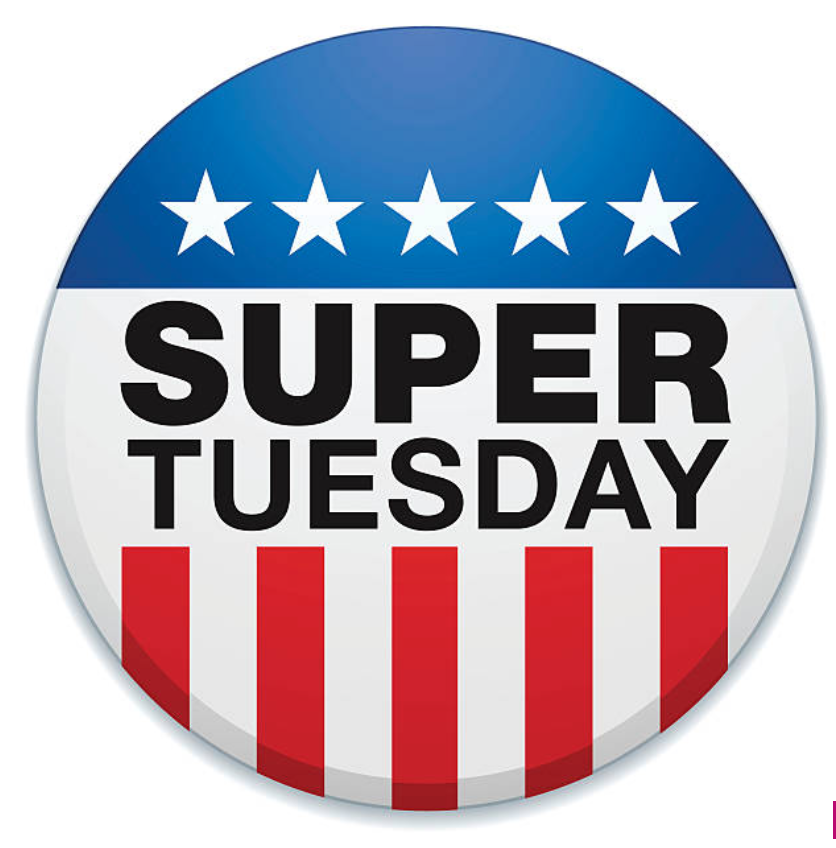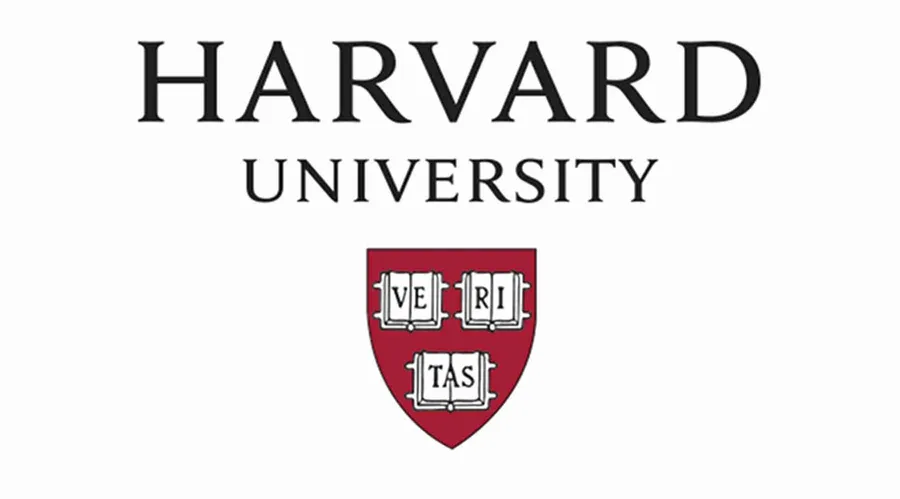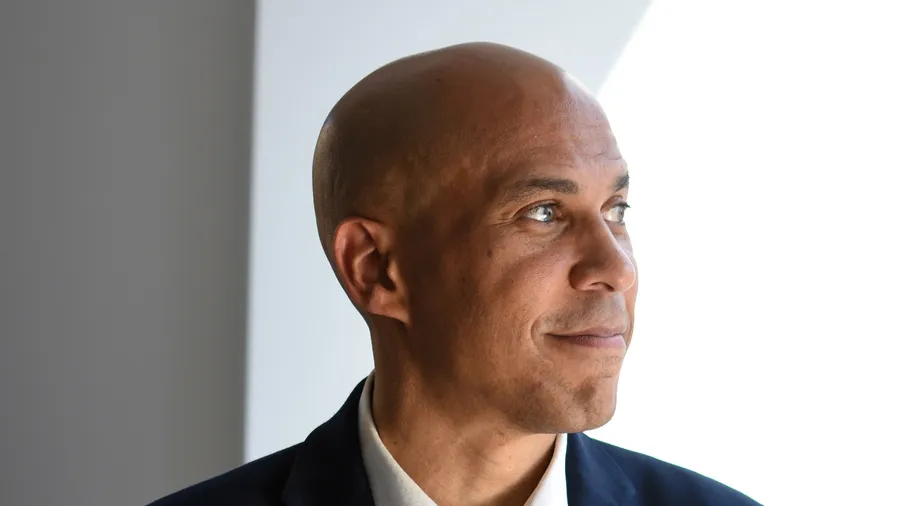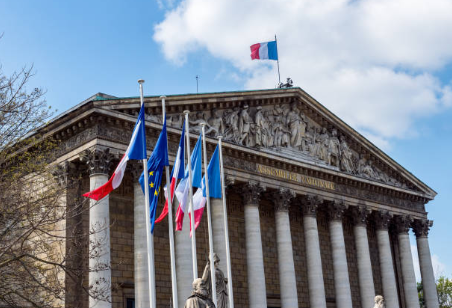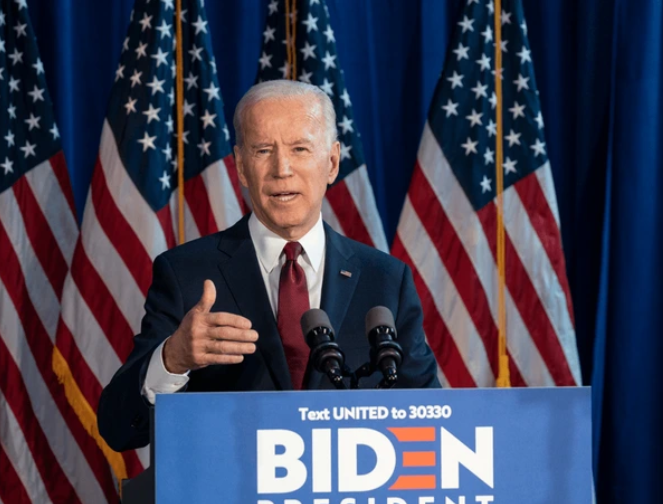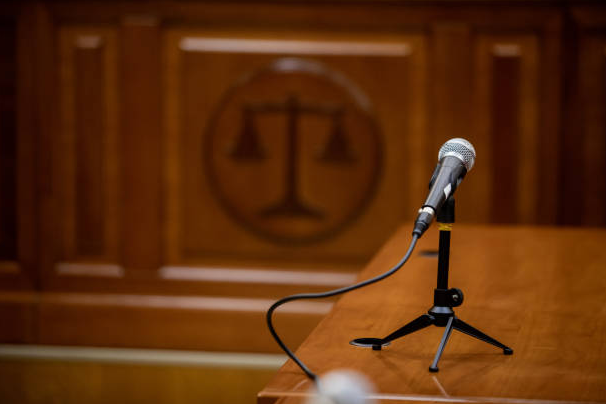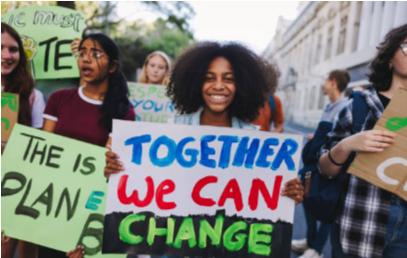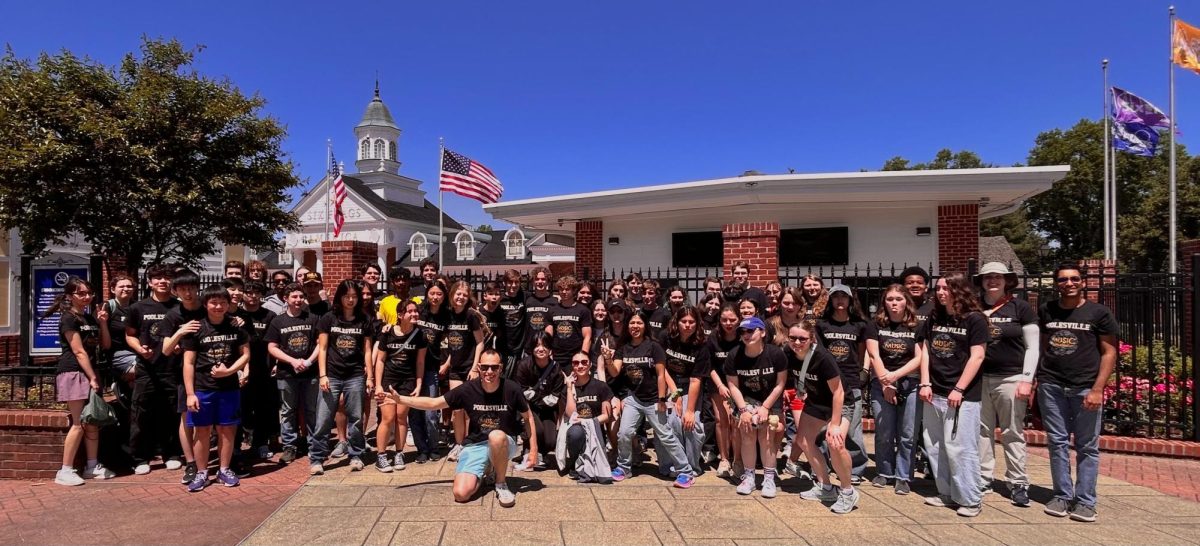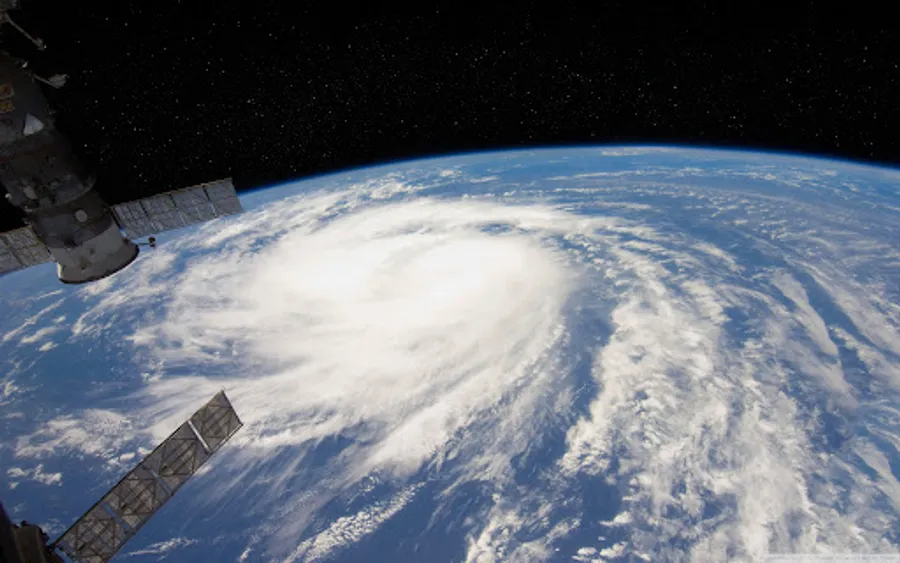On March 5, 2024, voters headed to the polls for Super Tuesday, but in fewer numbers than years before with many who would originally vote holding out, deterred by the political competition and social issues at play in this election.
Former South Carolina Governor Nikki Haley challenged Republican frontrunner candidate Donald Trump until her announced withdrawal from the race. On the Democratic side, current President Joe Biden is the front-runner candidate of the election.
All over the nations, 15 caucuses for Republican candidates and 16 for Democratic candidates took place, including states such as Alabama, Alaska, Arkansas, California, Colorado, Iowa, Maine, Massachusetts, Minnesota, North Carolina, Oklahoma, Tennessee, Texas, Utah, Vermont, and Virginia.
In order to win the nomination, a Republican candidate must gather 1,215 delegates out of 2,429. A Democratic candidate needs 1,968 delegates out of 3,934.
Trump is predicted to win the Republican presidential nomination with major East and West Coast wins after Super Tuesday. Trump won California, North Carolina, Texas, Virginia, and Tennessee.
Despite his controversial foreign policy in recent months, specifically regarding the Israel-Hamas War in Gaza, Biden is overwhelmingly expected to be chosen as the Democratic candidate – winning over 80% of the vote according to CNN.
An option of an “uncommitted” vote was made available in at least seven states, in protest of Biden and his response to the Gaza crisis. Although the option is not expected to overpower Biden, it was selected by over 100,000 voters in Michigan.
Haley released a statement Wednesday morning in which she announced she is dropping out of the competition to be the Republican presidential candidate just after winning her second state, Vermont.
This announcement followed debate over the possibility of success and the potential implications her campaign could have on Trump. On Feb 20, 2024 Haley claimed to “refuse to quit” just before her first win of the 2024 presidential caucuses in the District of Columbia.
According to the MIT Election Data & Science Lab, between 35 and 60% of eligible voters don’t cast ballots. These disparities are attributable to financial barriers, transportation access, and a lack of political knowledge. According to the New York Times, a large majority of those who choose to not vote, especially in the United States, are young adults.
Social studies teacher Mr. Eugene Stanton worries that newly eligible young adults, many of those at Poolesville, will not involve themselves in the upcoming election.
“[Vote] I would really like to encourage young people to do that in big numbers because if you do it in big numbers the politicians will pay attention,” Stanton said. “Learn. Read about your candidates, decide who you like and vote for the people that are going to do the things that you want done. Always make sure to vote locally – the thing is a lot of people go out and they vote in the presidential election but they don’t vote in the primaries.”
Stanton also discussed methods to appeal to young voters.
“Encouraging more students to get involved, more SSL hours for working for politicians and stuff like that would be good. Encouraging more politicians to take on high school interns,” said Stanton.
Junior Maria Vandervort presented a new consideration in how to encourage young voters.
Vandervort asserts, “Bringing it to the mainstream media…..would help involve young [adults] to get [involved] in current politics,” she continues, “It’s not about making people care, but attaching a reward to voting that they care about.”



